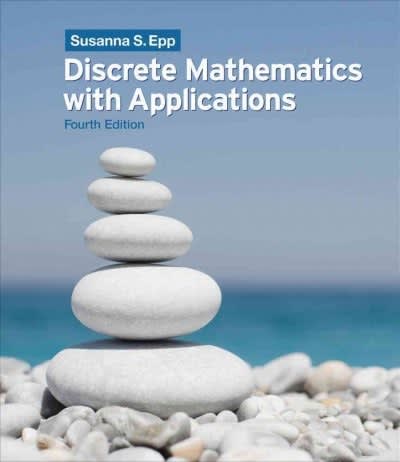Need help with answer as quickly as possible please
A group of researchers wanted to examine some hypotheses about the behavior of people who bet on professional football games. One hypothesis was that people tend to bet according to how their picks turned out the previous week: if the team a person picked to win one week actually won, the pick that team the next week, thinking that the team is "on a hot streak," or the person might bet against that team the next week, thinking that the team is "due for a loss." Another hypothesis was that there is no such rhyme or reason to betting: there is no association between the bets that people make one week and the bets they make the next. In an experimental study, the researchers had each of their participants bet on each game of a professional football season. The contingency table below contains some information from a random sample of 100 bets placed on the Columbus Crush (picking them to win) during the last 14 games of the season (the Crush had 7 wins and 7 losses over that period). This contingency table indicates, for each bet placed on the Crush, whether or not the team won and how the participant who placed the bet went the following week. So, there are two variables repres bet placed the following week ("picked Crush to win" or "picked Crush to lose"). cked crush to landbles represented: result of picking the Crush ("Crush won" or "Crush lost") and Each cell of the table contains three numbers: the first number is the observed cell frequency (f); the second number is the expected cell frequency (fg) under the following value. the assumption that there is no dependence between the two variables result of picking the Crush and bet placed the following week; and the third number is (So SE) (Observed cell frequency - Expected cell frequency) SE Expected cell frequency The numbers labeled "Total" are totals for observed frequency. Part Fill in the missing values in the contingency table. Round your expected frequencies or more decimal places, and round your (JOSE) values to three SE or more decimal places. Send data to Excel Bet placed the following week Dicked Crush Dicked Crush Part 1 ( So - SE ) ? Fill in the missing values in the contingency table. Round your expected frequencies to two or more decimal places, and round your -values to three SE or more decimal places. Send data to Excel Bet placed the following week X ? Picked Crush Picked Crush to win to lose Total 42 12 Crush won 54 Result of picking the 27 19 Crush Crush lost 46 Total 69 31 100 Part 2 Answer the following to summarize the test of the hypothesis that there is no dependence between the two variables result of picking the Crush and bet placed Total 69 31 100 Part 2 Answer the following to summarize the test of the hypothesis that there is no dependence between the two variables result of picking the Crush and bet placed the following week. For your test, use the 0.10 level of significance. (a) Determine the type of test statistic to use. X ? Type of test statistic: (Choose one) V (b) Find the value of the test statistic. (Round to two or more decimal places.) (c) Find the critical value for a test at the 0.10 level of significance. (Round to two or more decimal places.) (d) Can we reject the hypothesis that there is no dependence between the variables result of picking the Crush and bet placed the following week? Use the 0.10 level of significance. Yes . No







